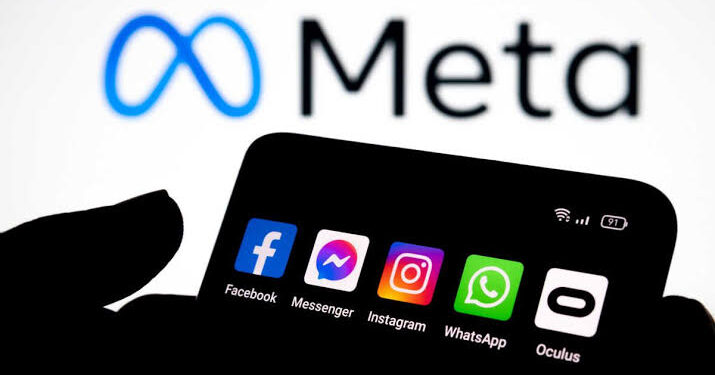ARCON has withdrawn its high-profile lawsuit against Meta Platforms Incorporated, which owns Facebook, Instagram and WhatsApp.
This came after ARCON filed a notice of discontinuance at the Federal High Court in Abuja before Justice Peter Lifu. The legal fight that began on September 23rd, 2022 with ARCON filing Suit FHC/ABJ/CS/1701/2022 against Meta Platforms Incorporated and AT3 Resources Limited was initially presided over by Justices A.M. Mohammed and later transferred to Justice Peter Lifu in 2023 after Mohammed’s retirement.
The confrontation began following a resolution by the House directing ARCON to regulate advertising on social media platforms. When ARCON reached out to different platforms they were met with resistance from Meta resulting in the initial court action. According to ARCON, through its agent AT3 Resources Ltd., Meta continued showing unapproved adverts to Nigerian users leading to significant loss of revenues for federal government.
In their writ summons, ARCON contended that Meta’s advertisements and marketing communications controlled by AT3 within Nigeria did not pass through the vetting process as required under Nigerian advertising laws. QARCON highlighted that approximately 37 million Nigerians were active users of Meta’s platforms in 2022, exposing them to unapproved ads. The council also alleged that Meta was not paying the required vetting fees to the federal government, leading to significant revenue loss.
Consequently, ARCON sought a N30 billion sanction against Meta for continued violations of Nigeria’s advertising laws and for revenue losses. Meta, however, challenged the court’s jurisdiction, arguing that it is a foreign entity registered in the USA and has not submitted to the jurisdiction of the Nigerian court.
Dr. Lekan Fadolapo, ARCON’s Director General, explained to Tribune Online that the withdrawal is a strategic redeployment rather than a retreat. “Since October 13, 2022, when the writ was filed, we’ve observed continuous violations of the Nigerian advertising code by Meta and its subsidiaries. The lack of progress in bringing the case to trial over the past two years has necessitated a reevaluation of our strategy. Management is doing this to ensure that all social media platforms operate within the ambit of the law,” he concluded.
Legal expert Barrister Oloyede Lateef explained the significance of ARCON’s move: “There’s a crucial tactical difference between a case being dismissed and one being struck out. A dismissed case is essentially dead and cannot be revived. However, a struck-out case, which is what we have here, can always be brought up again. This gives ARCON the flexibility to reintroduce the case in the future if necessary.”
While industry observers remain divided on the regulation of digital media in the country, many see ARCON’s decision to file for discontinuance as a pragmatic step. “For a case that hasn’t gone to trial in two years, this was the logical move,” stated a senior advertising executive who wished to remain anonymous. “The issue of digital media regulation is a very dicey one, but sanitizing that space is very important,” the source added.






















































